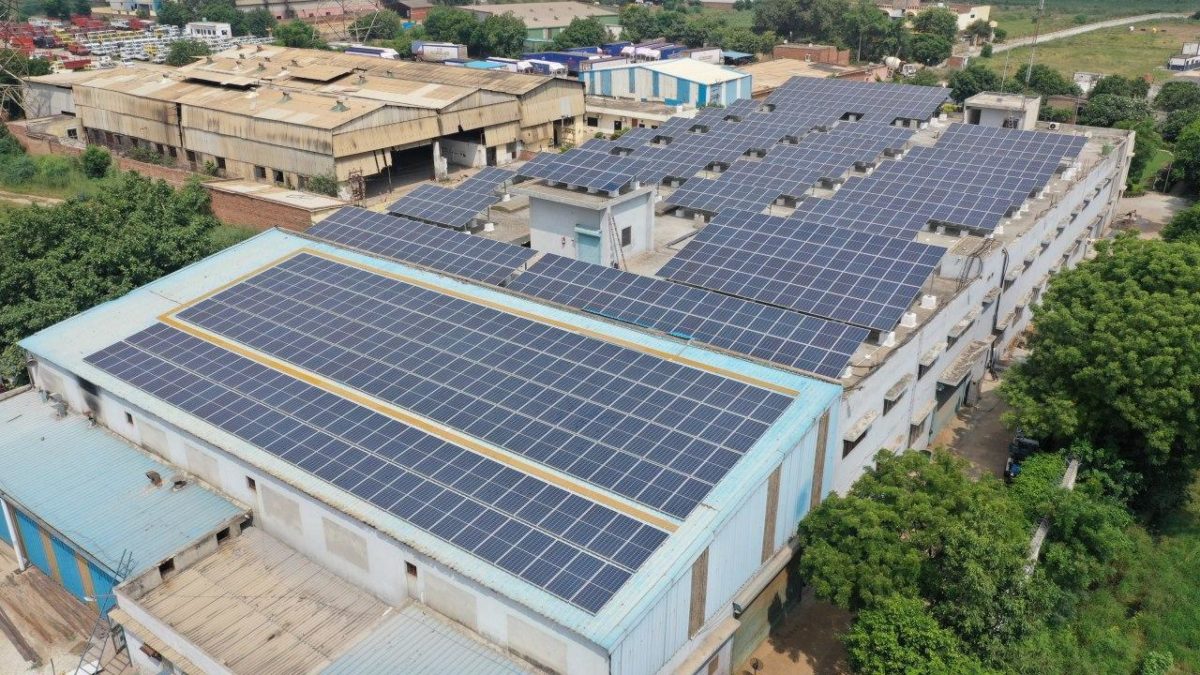The net metering provision under the recently notified Electricity (Amendment) Rules, 2020 has left rooftop solar developers worried. The provision restricts net metering up to 10 kW capacity in India and mandate gross metering above 10 kW, which, when implemented, will have a drastic impact on the entire rooftop solar industry, say developers.
Under net metering, electricity generated by the solar rooftop system is first utilized by the consumer to meet their internal/captive requirements. Excess electricity, if any, is exported to the grid. Subsequently, when the consumer imports power from the grid, the exports are adjusted against the imports, lowering the electricity bill.
Under gross metering, consumers are required to sell the solar electricity generated to the Discom–at a tariff (feed-in tariff) which tends to be lower than the rate at which they buy electricity from the Discom. The difference in rates for the electricity supplied to the grid and electricity purchased from the Discoms puts the consumers at a disadvantage.
Developers’ body National Solar Energy Federation of India (NSEFI) says the new net metering restriction will prevent high-load industrial consumers from switching to solar and has sought the power ministry’s intervention to withdraw the restriction of 10kW capacity for net metering under the Rules 2020.
Investments at stake
In a letter to the power minister, NSEFI said, “Many states have enacted net metering regulations allowing net metering for capacity above 1 kW to 1 -2 MW in most states and few states up to the sanctioned load. These regulations have been issued in compliance with the state-specific directive under Section 108 of the Electricity Act 2003… Hence, significant capacity addition in the solar rooftop segment is already under financing and under-construction phase. As per a rough estimate, investment to the tune of INR 1500-2000 crore is either under contract or under commissioning phase.”
MSMEs to be adversely affected
According to the NSEFI, Micro, Small and Medium Companies (MSMEs), which have made rooftop solar a mass movement in India, are set to be adversely impacted.
“Covid-19 has already dealt a huge blow to the MSMEs and other industries, and saving energy cost is one way to strive and thrive for Indian manufacturers. Rooftop solar is one such opportunity for them to save cost and remain competitive. These new rules will not only impact the existing MSMEs, their operations and finances but also affect millions of clean energy jobs India will create in the solar rooftop segment,” it stated.
The provisions will not only hamper India’s rooftop PV target of 40 GW (of which the nation has only installed around 4.55 GW so far) but also prevent industrial consumers from taking advantage of green energy, NSEFI said.
This content is protected by copyright and may not be reused. If you want to cooperate with us and would like to reuse some of our content, please contact: editors@pv-magazine.com.









8736817111